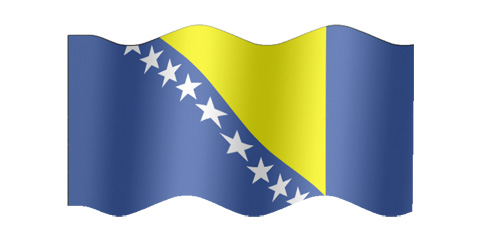Iraqi Prime Minister Nuri al-Maliki’s visit to Ankara last Tuesday is important for the current state of Turkish-Iraqi relations. The visit focused on trade and security, and these are two crucial areas for both countries
But will Maliki’s visit ultimately deliver what Turkey wants? Now that the July 22 elections are over and the Justice and Development Party (AK Party) has a stronger mandate for another term, Prime Minister Erdogan has to seriously concentrate on PKK terrorism. This means turning to Iraq for border security. The terrorism issue hurt the AK Party somewhat during the elections and certainly gave a big push to the nationalist MHP. For the last couple of months and because of elections, Erdogan was able to put off calls for a cross-border operation into northern Iraq in hot pursuit of PKK terrorists. He is no longer in that comfort zone. He knows he cannot fend off the pressure of the army and the nationalist MHP forever. This means a major offensive against terrorism. The question is whether this offensive will take on a military turn. Maliki came to Turkey following PM Erdogan’s invitation, and while economy, energy and trade were on the agenda, the main issue was PKK terrorism. To his credit, the Iraqi premier made important gestures before landing in Ankara by calling the PKK a terrorist organization. He also made a commitment to fight against PKK terrorism. The Turkish side responded positively and applauded Maliki’s support. Probably overjoyed by Maliki’s unambiguous statements, the Turkish side even put a document on the table for Maliki to sign and to seal his commitment. Apparently, Erdogan does not want to take any chances.
These are all good steps. But can Maliki deliver? Maliki is the weak prime minister of a weak government. Iraq is still witness to scenes of daily carnage. Millions are displaced, wounded, concerned and uncertain what will happen tomorrow morning on their street. Sectarian violence continues unabated and neither Iran nor Turkey or Saudi Arabia can do anything about it. The US administration is trying everything but consistently failing to provide security in Iraq. A tragic result of all this is the loss of the Iraqi people’s will to live together.
The lack of security on the streets spills over to the central Iraqi government. A divided people can only produce a divided government. The six Sunni ministers of the Tawafuq party had already resigned from Maliki’s government. Muqteda al-Sadra’s Shiite ministers in the cabinet may leave at any moment. The Bush administration openly criticizes Maliki and his administration. He is pressured by both Sunnis and Shiites for not doing enough.
In this political battle, Maliki has one good ally: the Kurds. He knows their support is important for his government. If for some reason Iraqi President Jalal Talabani or Massoud Barzani withdraws their support from Maliki’s government, there will probably be no government left in Iraq. Maliki’s fragile alliance with the Kurds is vital for both his personal survival but also for strengthening the central government.
Given these circumstances and much to the chagrin of the Turkish side, Maliki cannot do anything radical against the wishes of the Kurdish leaders in Iraq. Maliki does not have an army to send into northern Iraq in pursuit of PKK terrorists. If there is anything he can do, he will have to mobilize the Kurds themselves. But at the same time he wouldn’t want to risk his own political life by orchestrating something without the consent of the Kurds in Baghdad and in northern Iraq.
Of course, Turkey knows all this. Then why this visit? I think the Turkish side invited Maliki to Ankara to give a clear message, not to him but to the real power brokers in northern Iraq: Americans and Kurds. If there is to be a successful offensive against the PKK terrorists in Iraq, Turkey will have to work with the Americans and the Kurds more than Maliki or other politicians in Baghdad. Conversely,









